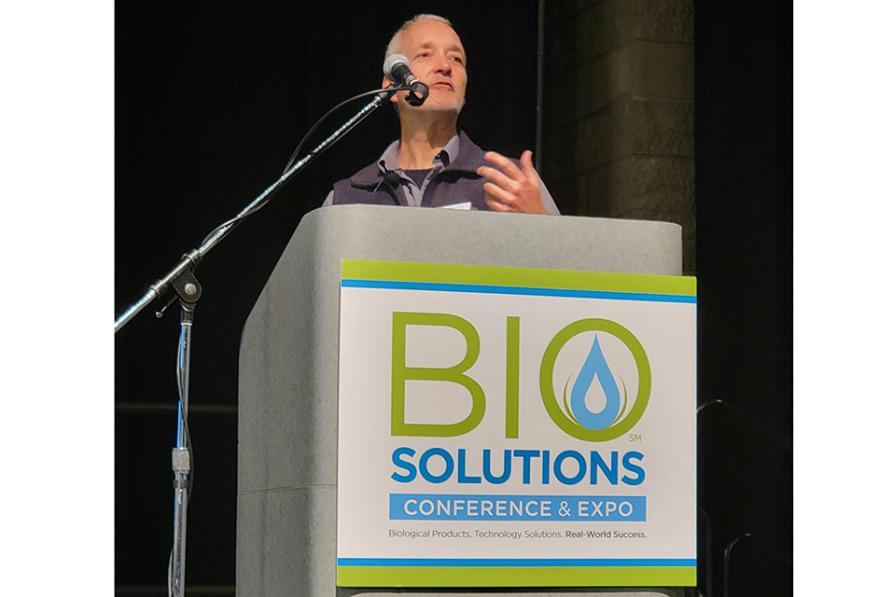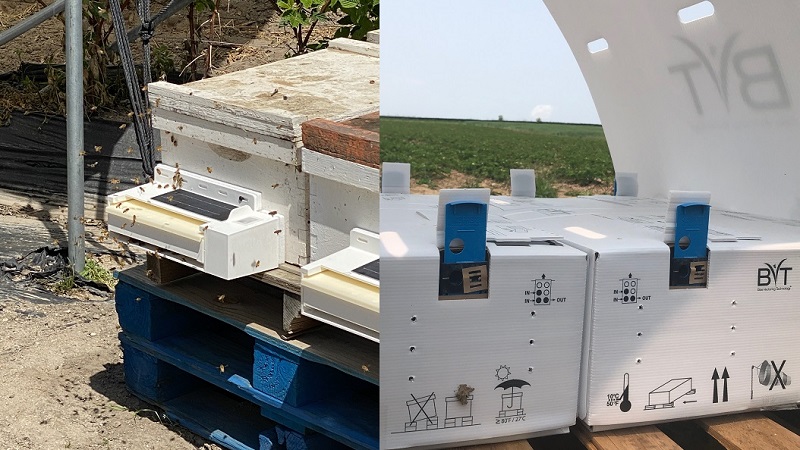Food Safety Factors: What Growers Need To Know
We recently posted our State of the Fruit and Nut Industry Whitepaper. When we saw the chart listing our fruit grower/readers’ greatest concerns — a rather lengthy list, as you might guess — we were struck by the fact food safety rules registered so highly. It was listed as a greater concern than most of the other “hot” issues during the pandemic, such as supply chain, transportation, imports/exports, and tariffs. In fact, food safety was only barely topped by such mainline concerns as pests and water issues.
We queried industry suppliers about the issue, and their responses follow.
WHY ARE GROWERS BECOMING INCREASINGLY CONCERNED ABOUT FOOD SAFETY RULES?
Francie Buck, Global Food Safety Lead, DECCO. The Produce Safety Rule, one of seven major rules of the Food Safety Modernization Act (FSMA), requires mandatory science-based minimum standards for growers and packers and gives the FDA mandatory recall authority. While new standards like FDA’s Ag Water Rule and the Food Traceability List (FTL) are designed to help make food safer, growers and packers must do the heavy lifting to ensure compliance. Simultaneously, the ability to detect outbreaks and their sources using Whole Genome Sequencing (WGS) has increased, so growers and packers are under increasing pressure to ensure compliance with the new rules. It is essential that the FDA continues to work hand in hand with the industry to find the best and most efficient path in creating a safe food supply chain.
Robin Green, PNW South Sales Manager, Pace .The drive for transparency across the food supply chain has made way for advancement and increased scrutiny on food safety protocols. For today’s growers, packers, and shippers, the impact of food safety practices come into play for nearly every decision made at the packing house. Safe food handling practices and processes are being implemented during the entire fruit production life cycle to minimize risks and prevent harm to consumers. Another concern is the amount of time it takes to prepare for the FSMA compliance deadlines. These deadlines are fast approaching. With the amount of paperwork and resources involved, packinghouses are turning toward more automated, digital solutions for data capturing.
Elad Mardix, CEO, Clarifruit. Two key reasons: The margin of error for the entire fresh produce supply chain has narrowed down significantly over the last couple of years. COVID-19 restrictions and transportation challenges, especially in the long-haul routes, are driving increasing risk for delays and, therefore, rejected supply. The ability to accurately confirm — preferably by an objective and consistent manner rather than human-based — that your shipment adheres to your destination’s food safety rules and optimize the matching of supply quality to customer specs are ever-more critical given the challenges above and could result in significant savings for the supplier. Second, labor issues represent the No. 1 challenge for our industry today. Part of the required workforce includes highly trained inspectors who are responsible for quality and safety evaluation of the fresh produce as it enters a facility and departs it. It has become increasingly challenging to hire and train these people and create consistency around their quality judgment, which has a huge impact on routing of the supply to the relevant customer.
WHAT IS YOUR COMPANY DOING TO HELP THESE GROWERS IN THE WAY OF POSTHARVEST TECHNOLOGY?
Buck: DECCO consistently partners with academia and industry to vet and test new technologies that will both prolong shelf life and reduce the risk of foodborne illnesses. Some of our initiatives include investing in sensor technology, digital platforms, and new chemical applications. Our success at DECCO comes from closely partnering with our customers to understand their pain points and develop solutions tailored to the industry by both region and commodity.
Mardix: Clarifruit has built the world’s first AI-powered quality control software for the fresh produce industry. We empower the growers to make data-driven decisions, reduce waste, and maximize their revenue opportunities. We are doing so by automating the way they perform quality control and making it objective and consistent across the entire supply chain. Our cloud-based platform also provides real-time data that optimizes matching of supply quality to customer specs, therefore enabling those growers to either avoid a rejection or maximize the dollar opportunity of a certain pallet/shipment.
Green: Pace International has committed to the development of automation and data capturing for our industry, which has led to the launch of Pace InSite. This is just one example of our commitment to better serving our customers’ food safety program needs. The digital platform is designed to put critical packing line process data in the hands of our customers, anytime, anywhere, aiding efficiencies for quality control and food safety programs, including auditing requirements. Pace is also rolling out PackVisor later in the year, which uses electronic sensors to monitor product use and parameters in real time, keeping records of applied products throughout the line as well as adding telemetry capabilities to access equipment controls remotely.









